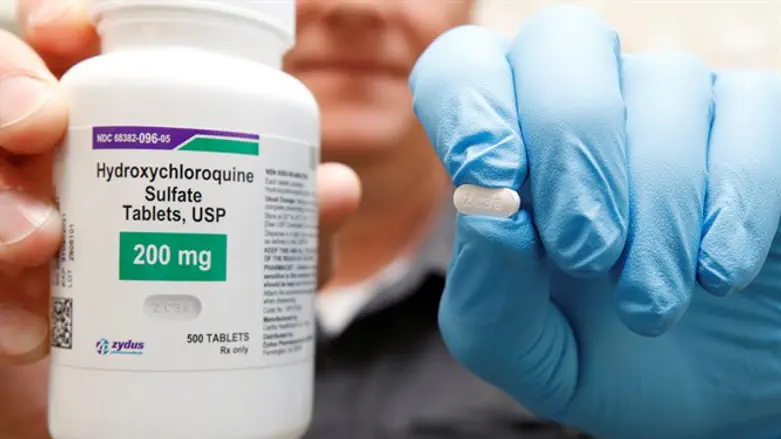
A new study has found that antimalarial drug hydroxychloroquine is not effective at treating COVID-19 and may cause adverse effects, The Hill reported Thursday.
The study, published in the New England Journal of Medicine, found that hydroxychloroquine did not improve outcomes for the 667 COVID-19 patients participating in a randomized trial at 55 Brazilian hospitals.
In the study, patients with mild to moderate COVID-19 illness were split into three groups, in which one group received hydroxychloroquine, another group received the drug along with azithromycin — an antibiotic — and the last group received neither.
All groups received standard care for COVID-19.
The study found a seven-day course of hydroxychloroquine, with or without the antibiotic, did not result in better outcomes.
The study is the latest to show hydroxychloroquine is not effective at treating COVID-19, despite initial hype among doctors, scientists and politicians that led to global shortages of the drug.
A May 22 study in the Lancet raised safety concerns about malaria drugs for coronavirus patients but several authors of that study subsequently retracted it.
Following the publication of the Lancet report, the World Health Organization announced that it would be temporarily halting the use of hydroxychloroquine part of its global Solidarity trial amid a safety review.
Earlier this month, the WHO discontinued its trials of hydroxychloroquine in hospitalized patients with COVID-19 after they failed to reduce mortality.
US President Donald Trump aggressively pushed the drug beginning in the first weeks of the outbreak and revealed in mid-May that he was on a regimen of hydroxychloroquine as a preventive measure.
